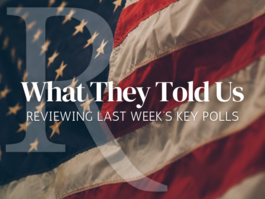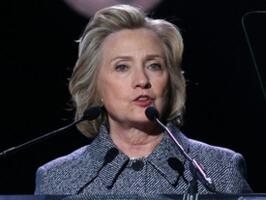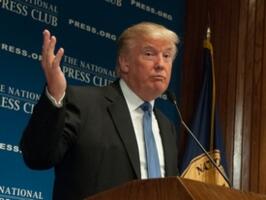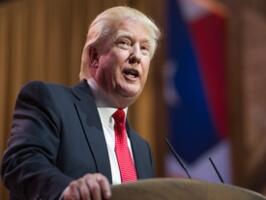What They Told Us: Reviewing Last Week’s Key Polls - Week Ending July 23, 2016
Just 21% of U.S. voters think the country is headed in the right direction, the lowest finding in nearly three years of surveying. No wonder, with cops being shot, racial tension growing, terrorist incidents increasing here and abroad, the economy bumbling along and the two major political parties nominating presidential candidates whom a lot of Americans suspect don’t have the answers.








